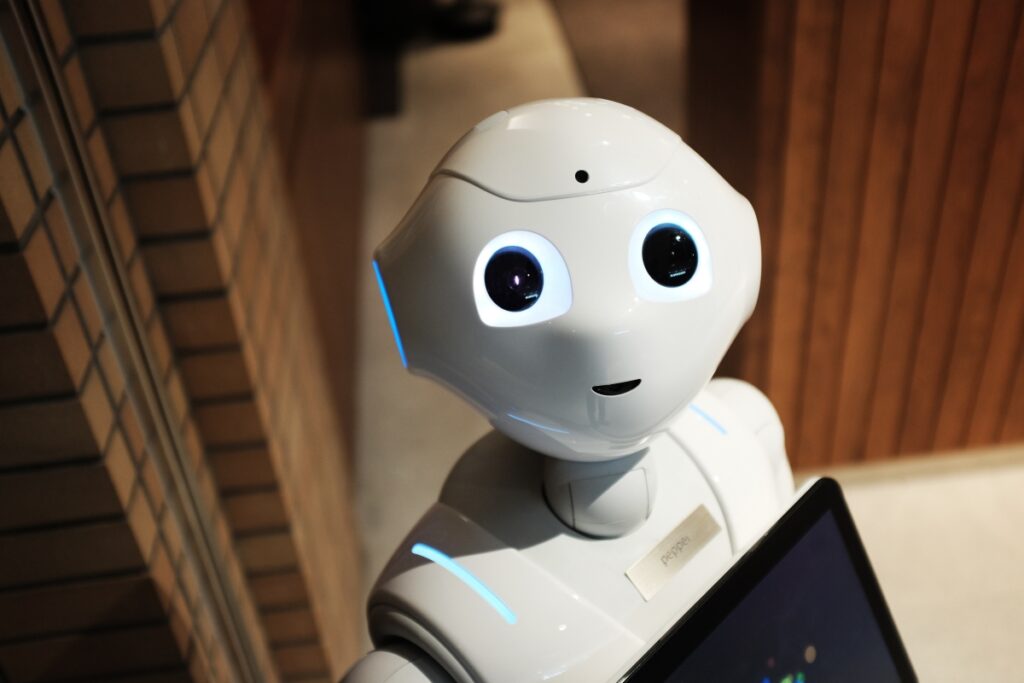In the developing era, Artificial Intelligence (AI) is boosting up and is therefore being used in each and every area of the field. The different innovations in the field of Artificial Intelligence have been tremendously affecting our life by just simplifying the tasks we perform. While we talk about the Intellectual property law, it was designed during the industrial revolution and is majorly being used to grant patents to protect the interests of the inventors over the period of time, to brands or companies on the form of trademarks, to authors in the form of copyright and so on. Since the concept of AI is recent phenomenon, the current Intellectual Property Law scenario in India doesn’t recognize as to how an AI should be protected under the same. This blog discusses about how AI is yet to be recognized under patent and copyright law in Indian context.
Patent Law:
AI includes various methods such as machine learning, deep learning, and neural networks to perform its functions and all these methods are comprised of various algorithms related to which the inventors file applications claiming that they are innovative, non-obvious and of novel nature. When we see the Indian scenario when it comes to patenting the AI, then we need to refer Section 3(k) of the Patents Act, 1970 which states that mathematical or business methods or computer programmeper seor algorithms are not patentable in nature. Therefore, it can be observed that the subject matter in India to file a patent cannot be against an AI since the claim is against the computer programmes and such algorithms which are used to process its task. Another important aspect for patent to be granted is of “non-obviousness”. In the case of AI, the algorithms used are considered to be not of non-obvious nature as it is believed that any person having expertise in the particular area will know of such algorithms. For example: Google Analytics on the business terms is very useful for the organizations to keep a track of all the traffic they have received over their websites through various sources. However, the detailed analysis so done by the AI requires a particular process which is inclusive of algorithms and it is on these algorithms the patent is claim by the inventor. These claims are still pending in number of countries as the law has no such inclusion of the digital technologies inventions so made and categorized as AI.
Copyright Law
“Author”defined under Section 2(d) of the Copyright Act, 1957 is granted a copyright in the various fields as defined and stated under Section 2 and 13 respectively of the Act. The concept of copyright we have in India provides that a copyright shall be granted to an author who shall be aperson. When we discuss in the aspect of AI, the question that arise is that whether such a person includes AI or not? Whether it’s the owner of the AI or the AI itself shall be granted the copyright? Whether the algorithms used in AI are copyrightable subject matter? These issues are still unclear under the law.
Conclusion
In my opinion, the algorithms shall be considered as the patentable subject matter under patent law. The presumption here that an expert in the field may know the algorithms and thus algorithms are not an innovation but of an obvious nature is futile. It is so because then the sole purpose of granting a patent which is to encourage the research and development will hamper. Not granting patents to the developers of AI would thus discourage them to invest and research over these AI technologies. Further, for AI under the copyright law, I believe that under the definition of literary work which includes computer programs the AI technologies shall be included therefore making it a subject matter under the copyright law. However, the inclusion of AI itself in the definition of author is something I believe is not required in the current scenario as we are still in the era of narrow AI which will not be able to exploit the rights granted under the copyright law. Therefore, in such cases of copyright the owner or the developer of the AI shall be considered as an author and eligible to avail copyright over such AI.
References:
Section 3(k), The Patents Act, 1970.
Section 2(d), The Copyright Act, 1957.
https://www.wipo.int/tech_trends/en/artificial_intelligence/story.html
https://www.mondaq.com/india/new-technology/961688/artificial-intelligence-vis-vis-patents-understanding-the-dynamics
-Shubham Vijay




